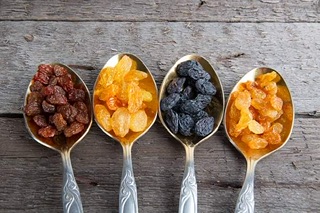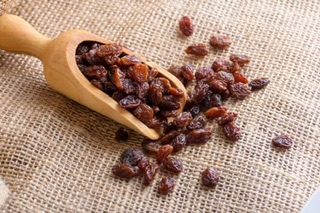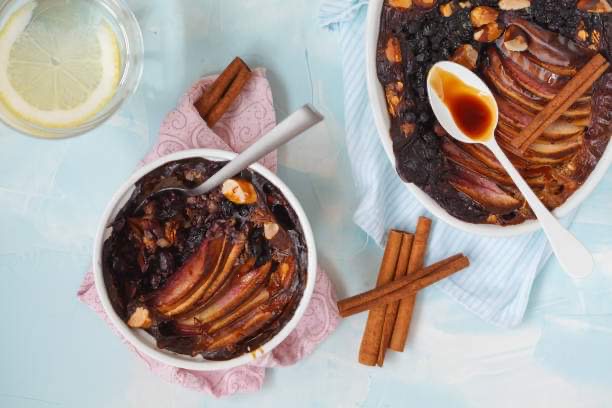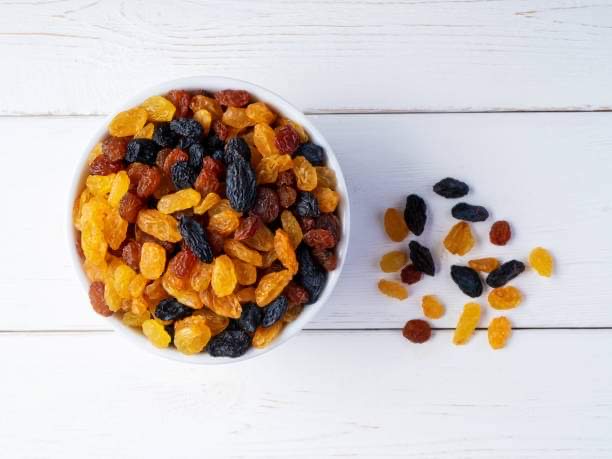In Indian medicine, there are many types of research proving Munakka benefits for immunity and general health.
Munakkas are considered dehydrated or dried grapes with different colors, which are rich in sugars (glucose and fructose).
It is also considered a rich source of fiber, promoting your energy and performance.

How many Munakka to eat in a day
To get the maximum Munakka benefits for immunity, you should incorporate it into the diet regularly in dry or fresh form for health promotion and disease prevention.
Munakka has a lot of an impressive nutrient profile of vitamins such as vitamin B complex(riboflavin, thiamin, pyridoxine), Vitamin C, and Vitamin K; and Minerals such as ca, Mg, iron, S, and manganese.
The best way to get the munakka benefits for immunity
To have the maximum munakka benefits you should soak them in water overnight then eat them the next morning and drink their water.
You can add them to your daily diet plan to reap the most benefits from them.
This is also a great addition to shakes, yogurt, salads, desserts, smoothies, and even main plates as they are naturally sweet.

Why is Munakka useful for immunity?
We can say that Munakka benefits for immunity are due to having many vitamins to support the immune system and fight off infections.
Munakka contain antioxidants that fight Cancer, Premature Aging, Heart Disease, and Stroke, they help to protect your body from the damaging effects of free radicals.
Also, Munakka contains free radicals that damage cells in the body and are thought to play a role in the development of heart diseases.
Its anti-inflammatory properties and antibacterial properties of it save you from fever, bacterial and viral infections, and many types of illness.

Diseases prevented by munakka
Autoimmune diseases
Munakka benefits for immunity include preventing many diseases through different types of phytochemicals like flavonoids, resveratrol, epicatechins, phytoestrogens, and hydroxycinnamic acids.
It is also still considered a good health option due to its medicinal, antibiotic, and germicidal properties, as a result, the vitamins and minerals on its outer skin dissolve in the water, increasing the number of nutrients consumed by the body.
Munakka helps to improve immunity for our body, combat viruses and enhance in decreasing autoimmune diseases like rheumatoid arthritis, anemia, IBS, type 1 diabetes, and psoriasis.
Anemia
Munakka could help in treating anemia of its iron presence and also contain vitamin B12 which is necessary for getting RBCs by the way, boosting hemoglobin.
Cancer
The growth and spread of cancer cells are primarily due to the benefit of munakka’s free radicals and to curb them, your body needs effective antioxidants to decrease white blood cells.
Arthritis
Munakka is represented in having calcium and potassium to help increase bone density and also help reduce the risk of arthritis, gout, and osteoporosis, especially in women.
Irritable bowel syndrome (IBS)
You can get Munakka benefits for immunity through its fibers which can catch all fluids in the body, this increases the volume of food moving down the gastrointestinal tract which results in easy bowel movements, improved digestion, and relief from constipation.
Psoriasis
Munakka contains antioxidant properties that are helpful in bacterial infections and may also prevent psoriasis and acne.
Type 1 diabetes
Consuming Munakka controls insulin levels after your meal Munakkas are low on the glycemic index (GI), which means they do not cause a sudden or sharp increase in blood sugar levels.
Therefore, some of it is a great snack for people suffering from diabetes.
When comparing the Munakka benefits for immunity to other processed foods affect loaded with white sugar, munakka can be a much-preferred snack alternative.
Munakka has an immunomodulatory effect on organs
Eyes
Munakka has Polyphenolic which is considered a phytonutrient so you can get on the munakka benefits for immunity by getting rid of the free radicals that harm the vision and cause degeneration of the eye muscles, thus improving the vision and the overall health of the eyesight.
Gum and teeth
Doctors suggest eating 5-7 soaked munakkas daily, as it can protect teeth cavity walls and other gum-related problems.
They have a certain type of photochemical that not just kills bacteria but also nourishes the gums and outer layer of teeth that works as a protection shield that help stop bacterial growth that lead to dental caries and improve gum health, also consuming soaked munakka helps in managing the swelling of the tooth gums.
The Respiratory system
- Cure dry cough
Munakka can help prevent dryness and irritation in the throat and has a soothing effect. As a result, munakka will aid in the prevention of dry cough.
- Control bad breaths
Munnaka can be good for asthmatic patients. All you have to do is soak 7-10 munakka leaves overnight and then boil them for 10 minutes in a glass of water.
After a short time of consuming munakka’s water, you can notice a big difference in your immunity.
Colon and digestive system
Colon
Munakka has an invaluable anti-oxidants called catechin and a flavonoid called kaempferol that is the main component for protecting from the growth of colon tumors and it might also be beneficial in boosting colon function.
Digestive system
It does not induce acidity or indigestion due to its cooling property and is excellent for balancing the acidic level in the stomach.
It also takes care of our digestive health by promoting the growth of good bacteria in our gut. According to cancer experts, they prefer to take the maximum munakka benefits for immunity we should eat 5 soaked of it.
Skin
Munakka has vitamin C and antioxidants that maintain glowing and healthy skin and also prevent skin cancer.
They also protect the skin from damage, inflammation, and wrinkles caused by free radicals.
summary:
We can say now that you can get the munakka benefits for immunity by consuming it daily as a snack.
Doctors consider the Munakka benefits for immunity are by protecting us from many chronic diseases and giving our organs the ability to defend against oxidation and free radicals through the antioxidants released by flavonoids.
Read more about:


You must be logged in to post a comment.